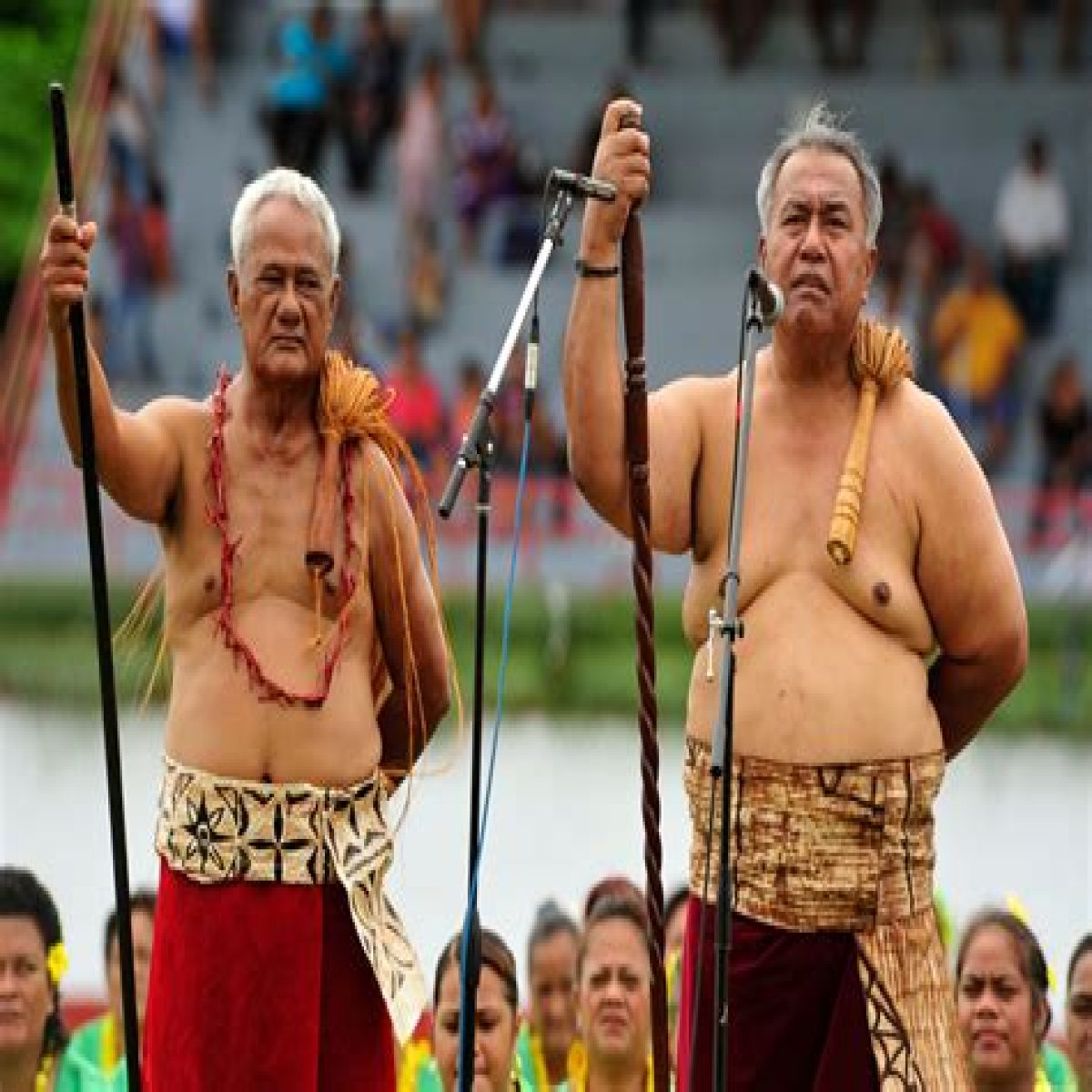When exploring the diverse tapestry of human ethnicity, one may encounter intriguing questions about identity and cultural heritage. One such question that arises is, "Are Samoans black?" This inquiry opens the door to a deeper understanding of the Samoan people, their rich cultural heritage, and their unique place in the broader spectrum of ethnic identities. The answer is not as straightforward as a simple yes or no; it requires a nuanced exploration of history, culture, and genetics.
The question of whether Samoans are classified as black is rooted in the complex history of the Pacific Islands, colonization, and the varying definitions of race across different societies. Samoans, who hail from the islands of Samoa, are part of the larger Polynesian ethnic group. Their ancestry includes a mix of indigenous heritage, which influences their physical characteristics, cultural practices, and societal structures. While some may categorize Samoans under the broader umbrella of black or African descent due to the color of their skin, this classification does not fully capture the richness of their identity.
To fully address the question of "Are Samoans black?", we must consider the historical context, the significance of cultural identity, and the perspectives of the Samoan people themselves. As we journey through this article, we will delve into the origins of the Samoan people, their cultural practices, and how they view themselves within the global ethnic landscape. Understanding these factors will provide a more comprehensive answer to the question and highlight the importance of recognizing and respecting diverse identities.
- What is the Ethnic Background of Samoans?
- How Did Samoans Come to Identify Themselves?
- How Do Samoans Fit Into the Global Racial Landscape?
- What Do Samoans Themselves Say About Their Identity?
- What Role Does Cultural Heritage Play in Samoan Identity?
- Is There a Distinction Between Ethnicity and Race for Samoans?
What is the Ethnic Background of Samoans?
Samoans are primarily of Polynesian descent, a group characterized by their shared cultural and linguistic traits. The Polynesian islands, which include Samoa, Tonga, and Hawaii, are known for their rich traditions, languages, and histories. The ethnic background of Samoans is deeply intertwined with their ancestral migration patterns, which have shaped their identity over centuries.
How Did Samoans Come to Identify Themselves?
Identity among Samoans is heavily influenced by their cultural practices, language, and social structures. The concept of "fa'a Samoa" (the Samoan way) is central to Samoan identity and encompasses their customs, values, and community relationships. This cultural framework shapes how Samoans perceive themselves and their place in the world.
Are There Genetic Factors Involved?
Genetic studies have shown that Samoans share ancestry with other Polynesian groups, as well as some genetic links to Southeast Asia. While they may have darker skin tones, which some equate with being black, their genetic makeup is distinct and reflects a complex history of migration and intermingling with other populations.
How Do Samoans Fit Into the Global Racial Landscape?
The categorization of race is often fluid and varies across cultures. In some contexts, Samoans may be classified as black due to their skin color; in others, they may be identified as Pacific Islanders or Polynesians. This variance highlights the limitations of racial classifications and the importance of understanding individual and cultural identities.
What Do Samoans Themselves Say About Their Identity?
Many Samoans take pride in their unique heritage and emphasize the importance of cultural identity over racial classification. They often identify strongly with their Polynesian roots and the values of family, community, and tradition that characterize their culture. This self-identification is crucial in understanding how Samoans view themselves in relation to broader racial categories.
Are Samoans Considered Part of the Black Community?
While some may choose to include Samoans in discussions about the black community, others argue that their distinct cultural identity sets them apart. This ongoing dialogue highlights the complexity of racial identity and the need for a more inclusive understanding of ethnic groups.
What Role Does Cultural Heritage Play in Samoan Identity?
Cultural heritage plays a significant role in shaping Samoan identity. Traditions, language, and customs are passed down through generations, reinforcing a sense of belonging among Samoans. Celebrations, such as the Samoan cultural festival, showcase the vibrant heritage and foster connections within the community.
Is There a Distinction Between Ethnicity and Race for Samoans?
Yes, there is a distinction between ethnicity and race for Samoans. Ethnicity encompasses cultural practices, language, and shared history, while race is often defined by physical characteristics. Understanding this difference is essential for appreciating the complexities of Samoan identity.
Conclusion: Are Samoans Black?
In conclusion, the question "Are Samoans black?" does not have a simple answer. While some may categorize Samoans based on their skin color, it is essential to recognize the rich cultural heritage, history, and identity that define the Samoan people. Ultimately, understanding and respecting these distinctions is crucial for promoting inclusivity and appreciation for the diversity within the global community.
Exploring The Fascination Behind Rainbow Kiss TikTokDiscover The Magic Of Movies With The Rino Movie AppDani Bank: A Rising Star In The Financial World
